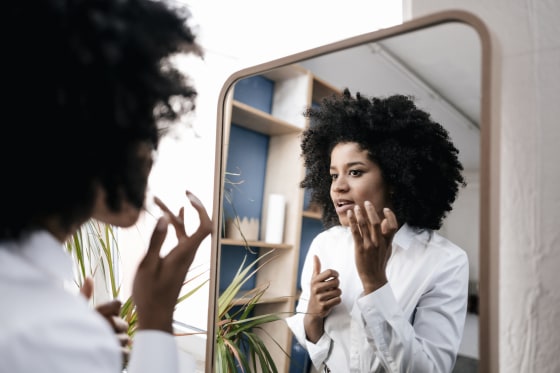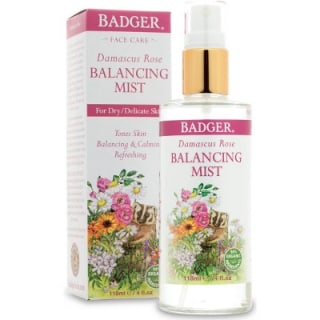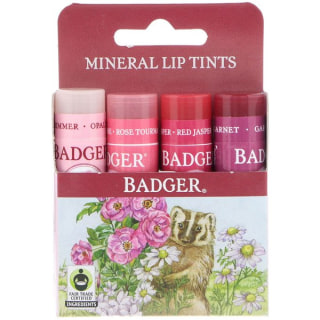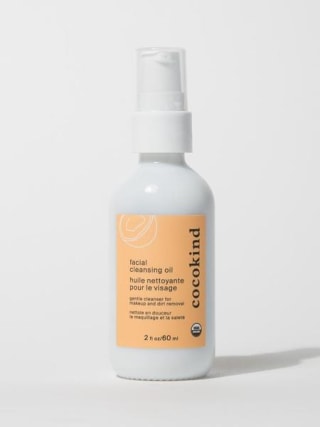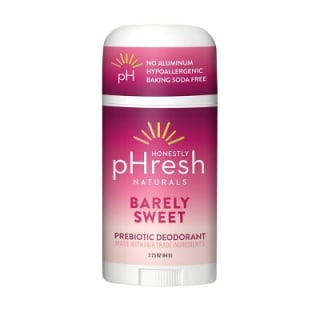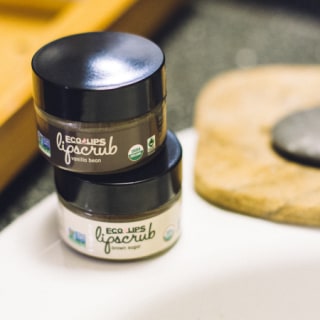Chances are you’ve heard of “fair trade” and have a vague idea of what it means — maybe you’ve even bought a bag of coffee or a bar of chocolate with a fair trade seal on it. How about skin care products? Both skin care and beauty products are getting an ever-growing number of labels, from organic to vegan and fair trade — and for good reason: Research firm CB Insights valued the organic and natural beauty market at $22 billion in 2019. While those labels speak to the ingredients the product is made with, fair trade speaks more to how the product was created — and by whose hand.
“Exploiting individuals or the environment to maximize profit is both unethical and harmful in the long term,” says Andrea Reyes, chair of the NYC Fair Trade Coalition, a grassroots organization promoting fair trade businesses and retailers in New York City. “Fair trade, as a concept, challenges us to confront the systemic issues surrounding how we manufacture and also how we consume products. By recognizing each individual in the supply chain, consumers can address systemic inequities by using their collective purchasing power to facilitate the change they want to see in the world.”
In this article
- What is fair trade?
- How to shop for fair trade skin care products
- Fair trade skin care products to shop
But what deems a product fair trade? How do fair trade products differ from other skin care products? What about other sustainability-focused labels you see? Here’s how to get started shopping for fair trade skin care products.
We are very fortunate to live in a world where we can communicate with brands. We should take the opportunity to not only reward them with praise but also converse with them to do better.
Andrea Reyes, Chair, NYC Fair Trade Coalition
What is fair trade?
At the most basic level, fair trade describes commerce in which producing, selling and buying products supports and improves the quality of life of the workers creating the products, as well as the environment. “Fair trade prioritizes people and the planet over profit,” summarizes Reyes.
Chances are you’ve spied a fair trade label on a bunch of bananas, a bag of coffee, maybe even flowers. In the late 1990s, Fair Trade USA began certifying products based on criteria like fair wages for farmers and workers and eco-friendly protections. In the U.S., there’s also the Fair Trade America certification. Internationally, you'll find fair trade certifications from groups like Fair for Life and Fair Food Program. While the criteria of each fair trade certification varies, certification itself typically requires companies allow a third party to audit their business practices. Once a company's products are deemed eligible, auditors will asses its supply chain, for example, to determine the working conditions on farms or otherwise.
“I respect the fair trade certification process,” says Mia Davis, the director of environmental and social responsibility for online marketplace Credo, which curates natural, organic and clean beauty products. “It’s important to have a third party watchdog to make sure claims are real.”
How to shop for fair trade skin care products
“Most items that are eligible for fair trade certification are food ingredients, so while there are some used in beauty — coconut oils, sugar in scrubs or vanilla for flavoring — there are not a lot of ingredients that are even eligible to be certified in our space,” Davis explained regarding beauty and skin care products.
Reyes recommends shoppers check whether products are certified by organizations like the aforementioned Fair Trade USA before buying them online, or look for the relevant labels on products in stores.
Fair trade skin care products to shop
To help get you started, here are some standout fair trade skin care products to consider.
1. Badger Balm Organic Rose Balancing Mist
Badger Balm is one of the leaders in the fair trade space, both Reyes and Davis say. This facial mist is ideal for taking a minute of self-care while hydrating your skin.
2. Badger Mineral Lip Tints
The brand also makes lip balms in various flavors from cool mint to creamy cocoa and others that will help soothe chapped lips and protect them from the elements.
3. CocoKind Facial Cleanser Oil
The cocokind brand is one of the easier-to-find fair trade brands. Their facial cleanser oil combines coconut, avocado, tea tree, and lavender oils. It’s tough enough to remove makeup at the end of the day but gentle enough to use as a cleanser in the morning.
4. Honestly pHresh Deodorant
Natural deodorant brand Honestly pHresh makes fair trade-certified deodorants with prebiotics available with different ingredients such as sugar mint, shea and more.
5. Ecolips Organic Lipscrub
The sugar in Ecolips lip scrub is used to help exfoliate while the coconut oil, olive oil and jojoba moisturize and help protect lips from becoming dry.
Eco Lips is also B Corp certified, a marker Reyes suggests when you can’t find a fair trade label. “B Corp is becoming more and more the top certifier because it addresses not just supplier working conditions and environmental regulations but also those factors in the brand/parent organization country,“ Reyes said.
Reyes encourages customers to do their research and hold brands accountable. “We are very fortunate to live in a world where we can communicate with brands. We should take the opportunity to not only reward them with praise but also converse with them to do better,” Reyes says.
Catch up on Select's in-depth coverage of personal finance, tech and tools, wellness and more, and follow us on Facebook, Instagram and Twitter to stay up to date.
